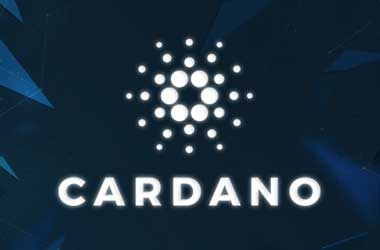
According to the release, the goal was to maintain a precise record of student achievement in educational institutions. Students’ grades, conduct, and attendance throughout all kindergartens, elementary schools, and secondary schools are accurately tracked as part of this effort.
This resulted in the creation of Atala Prism, a national digital database that is still in use today. Following a meeting with the PMI, John O’Connor, Director of African Operations at Input Output, said that the effort might eventually incorporate a Learning Management System.
The integration of learning management systems, so that students may utilize the system to find out what homework they need to do—and then do it on the tablet—is another possibility in the future. Recent developments have seen the project praised as one of the most prominent projects in 2021, ranking 14th on the Project Management Institutes’ list of most influential projects in 2021.
The team has also decided to develop a proposal to be submitted to the Ethiopian government in order to implement a blockchain-based solution for a national identification system.
“African countries are likely to be the first countries to have national elections online that are legitimate, free, fair, and auditable,” Hoskinson said. “They will be the first country in the world to have a fully digital identity and economy from beginning to finish.”
Because of this, the team behind Cardano has made it a priority not to leave other African nations behind, and they are pressing other leaders to offer comparable solutions in their own countries as well. Charles Hoskinson, co-founder of Cardano, has started on an African visit in order to meet with the leaders of South Africa, Burundi, Kenya, and Zanzibar as part of the efforts to grow the network base of Cardano in Africa.
“And before going to Burundi, we had a lovely meeting with President Hussein Ali Mwinyi in Zanzibar where we discussed the Blue Economy.”
Hoskinson also intends to meet with developers and entrepreneurs who are working on Cardano-based projects in Africa. It was recently revealed that EMURGO, the official commercial arm of the Cardano blockchain, has committed $100 million into the Cardano ecosystem in order to assure the growth of the Cardano ecosystem in the fields of defi, NFTs, and blockchain education, among other things.
Former African Union Secretary-General Hoskinson has said that the continent’s youthful population yearns for a secure and stable financial system. Because of the absence of a free monetary system on the continent, digital use has increased significantly in recent years. As a result, the use case for Cardano is a fantastic match for the African market.
Africa has a large number of unbanked adult population, which may be attributed to a lack of financial infrastructures as well as problems in gaining access to those that do exist. As a result, some experts have suggested that nations on the continent should adopt cryptocurrencies and blockchain technology in order to mitigate the recognized problems that prevent financial institutions from accessing the market.
Yes we signed a great MOU today https://t.co/6scKzs33EH pic.twitter.com/2wjavkxhZM
— Charles Hoskinson (@IOHK_Charles) October 26, 2021